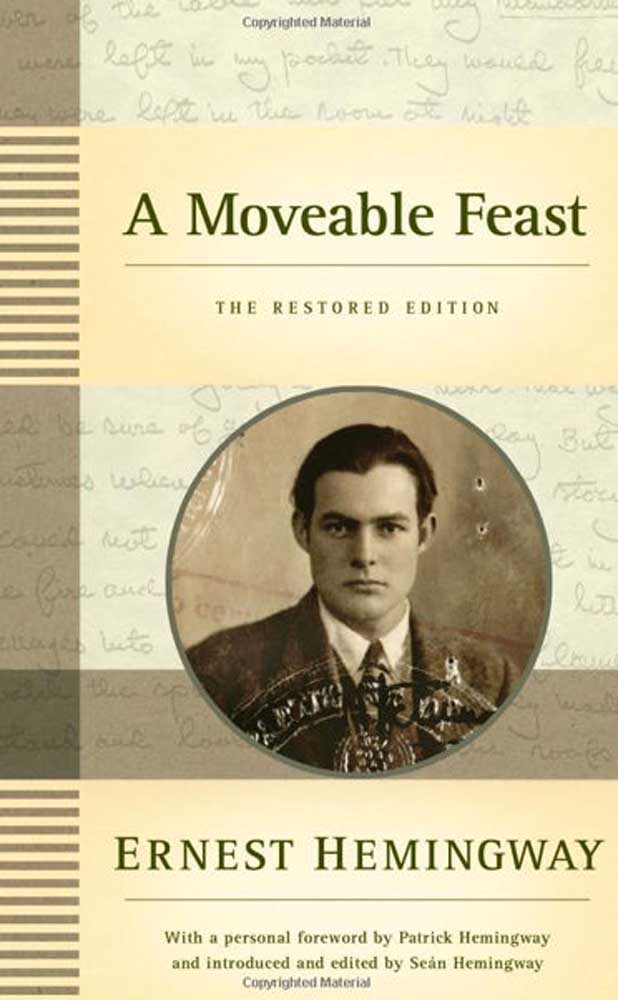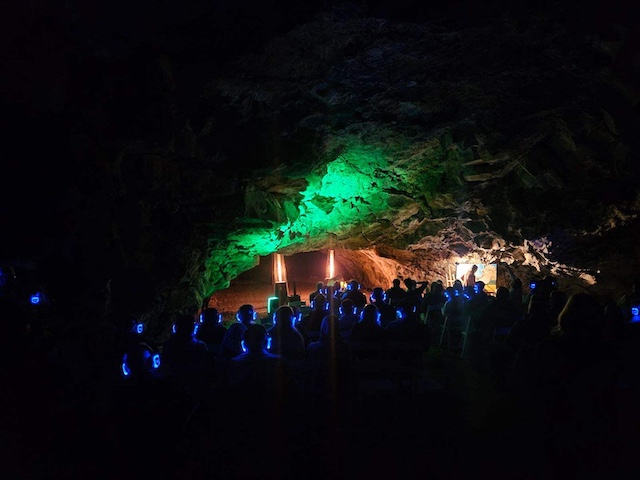What We’re Reading
Published 12:00 am Saturday, April 19, 2014

- What We’re Reading
“The Lone Ranger and Tonto Fistfight in Heaven” by Sherman Alexie
Deschutes County Library
This book, first published in 1993, started Sherman Alexie on his illustrious career. It is a collection of interconnected short stories and one of those stories, “This is What It Means to Say Phoenix, Arizona,” provided the basis of Alexie’s screenplay for the film Smoke Signals. Vividly weaving memory, fantasy, and stark reality to paint a portrait of life in and around the Spokane Indian reservation, this book introduces some of Alexie’s most beloved characters, including Thomas Builds-the-Fire, the storyteller who no one seems to listen to, and his compatriot, Victor, the sports hero who turned into a recovering alcoholic. TLBC reviewers characterized the stories as humorous, but agreed the stories were basically dark. “We were struck by how often Alexie’s prose read like poetry,” said one reviewer. The group discussed how Alexie has been criticized for perpetuating cultural stereotypes and if that criticism is valid when the problem is not exaggerated. “Reading and discussing this book shone light on prejudices we weren’t aware we harbored,” said a reviewer.
“The Boys in the Boat: Nine Americans and Their Epic Quest for Gold at the 1936 Berlin Olympics” by Daniel James Brown
Read, Wine and Bleu Book Group
This book seems to be on everyone’s “To Read” list (if you haven’t already read it) and it was unanimously and enthusiastically enjoyed this Prineville book group. The book tells the story of the University of Washington’s 1936 eight-oar crew and their epic quest for an Olympic gold medal.The sons of loggers, shipyard workers, and farmers, the boys defeated elite rivals first from eastern and British universities and finally the German crew rowing for Adolf Hitler in the Olympic games in Berlin, 1936. “We fell in love with those rowing boys who came from hard-scrabble and harsh Depression Era backgrounds, to finally form a team that could work together and trust one another,” said one member. “We now want to take a field trip to the University of Washington and see that winning shell, the Husky Clipper. Are we allowed to fondle it?”
“The Girl You Left Behind” by JoJo Moyes
Bend Book Worms
Moyes, author of the 2012 NYT Bestseller “Me before You,” this beguiling story surrounds a 100-year-old painting given to Liv by her late husband, David, in celebration of their wedding. But, who has the right to claim the portrait? The artist’s heirs sue to reclaim what they call ill-gotten goods, seemingly misappropriated by German soldiers during WWI. Did the artist’s wife, Sophie and the subject of the portrait, give or sell it? This book group read “The Girl Left Behind” because they had also enjoyed Moyes first novel, Me Before You, and the group agreed it was a well-written book that sparked some great book club discussion. This group meets at Dudley’s Bookstore in downtown Bend. “It is very nice to have a discussion while sitting among books,” says one member. “And the staff is friendly and helpful and they have yummy treats for sale.”
“The Paris Wife” by Paula McClain
“A Moveable Feast” by Ernest Hemingway
Paulina Springs Books Redmond Book Group
“The Paris Wife” is a fictionalized story based on the letters and journals of Ernest Hemingway’s first wife, Hadley Richardson, a woman Hemingway once described as his “first and only love.” The book chronicles their life in Paris with the famous “Lost Generation,” a group that included Gertrude Stein, Ezra Pound and F. Scott Fitzgerald. This book group read “The Paris Wife” followed by Hemingway’s book, “A Moveable Feast,” which was published posthumously. The book was about the same period. “I’m glad we read McClain’s book first as it made Hemingway’s book easier to follow. There is a reason Hemingway’s book is a classic and will remain on shelves for years to come, where as McClain’s book is a book that will last for maybe another year or two,” said one member. “I certainly enjoyed reading McClain’s book, but the language will not stay with me as Hemingway’s will.”






